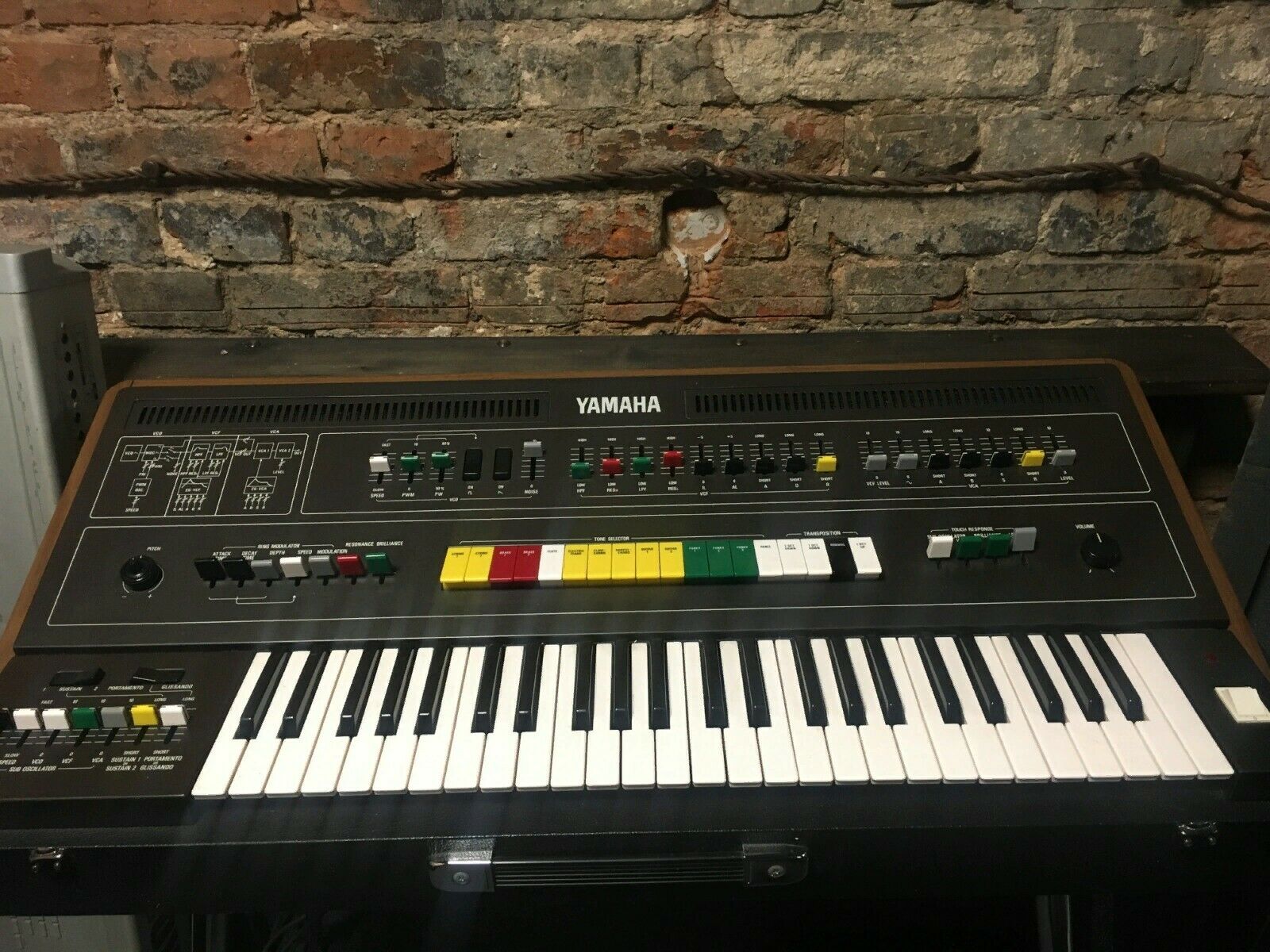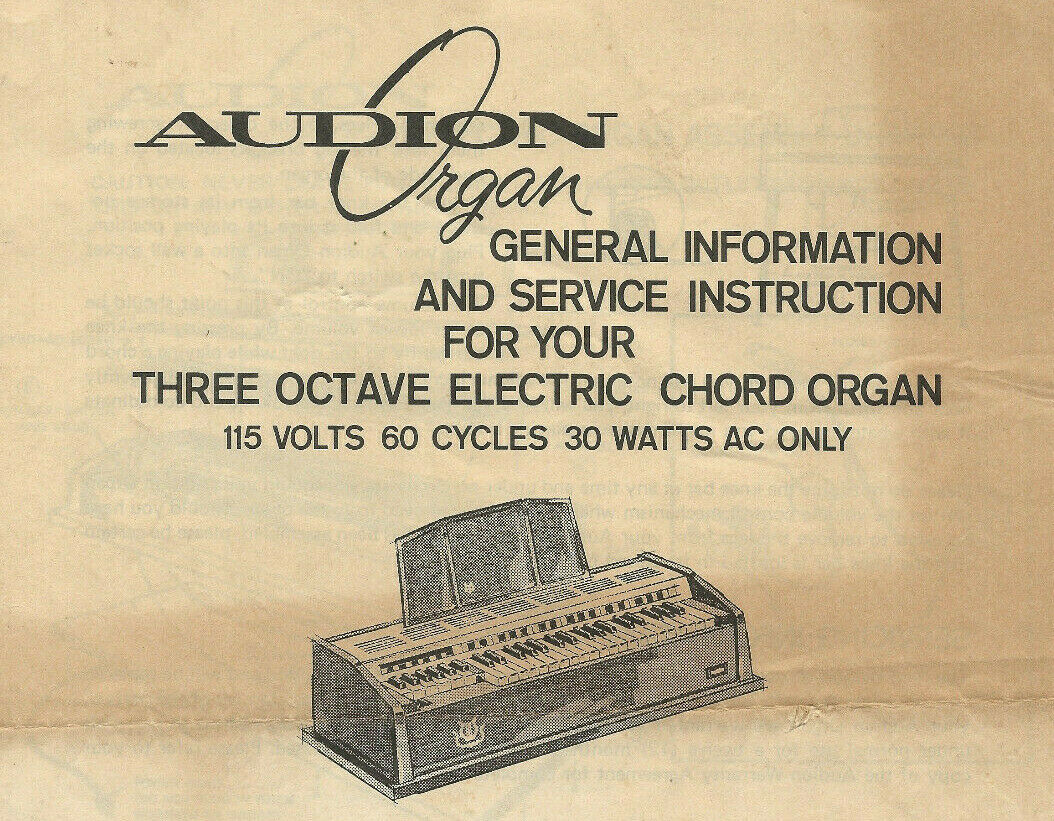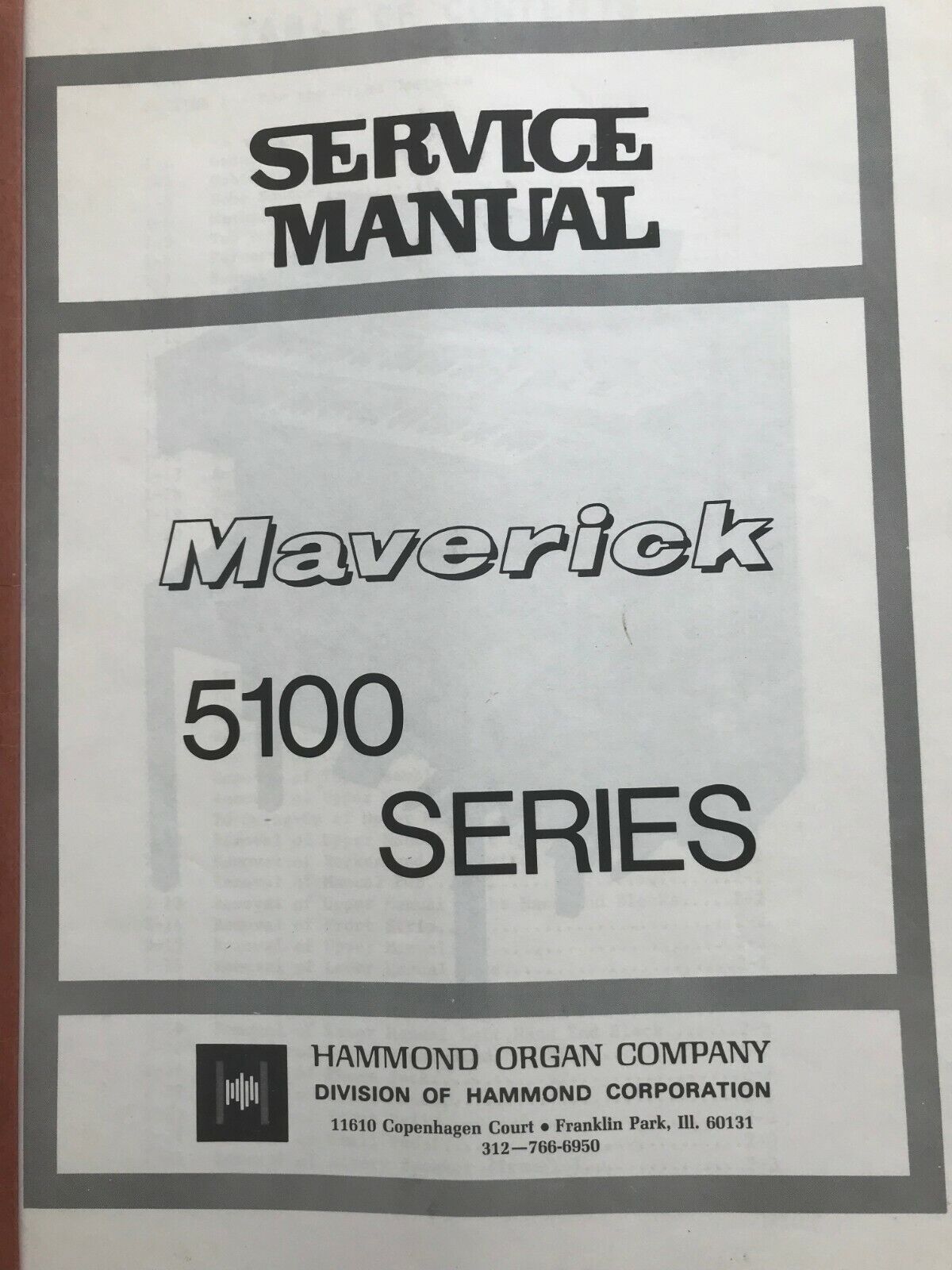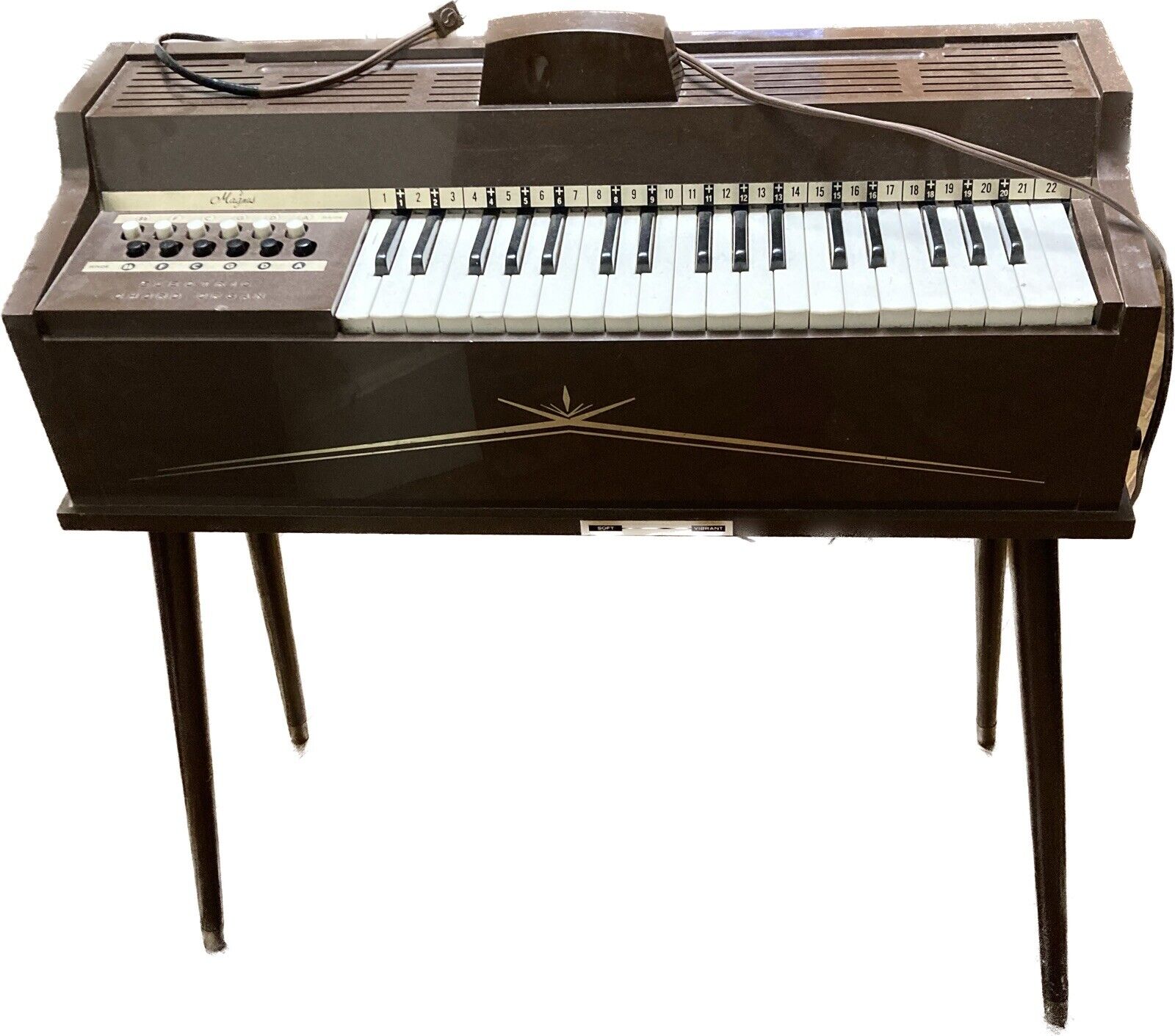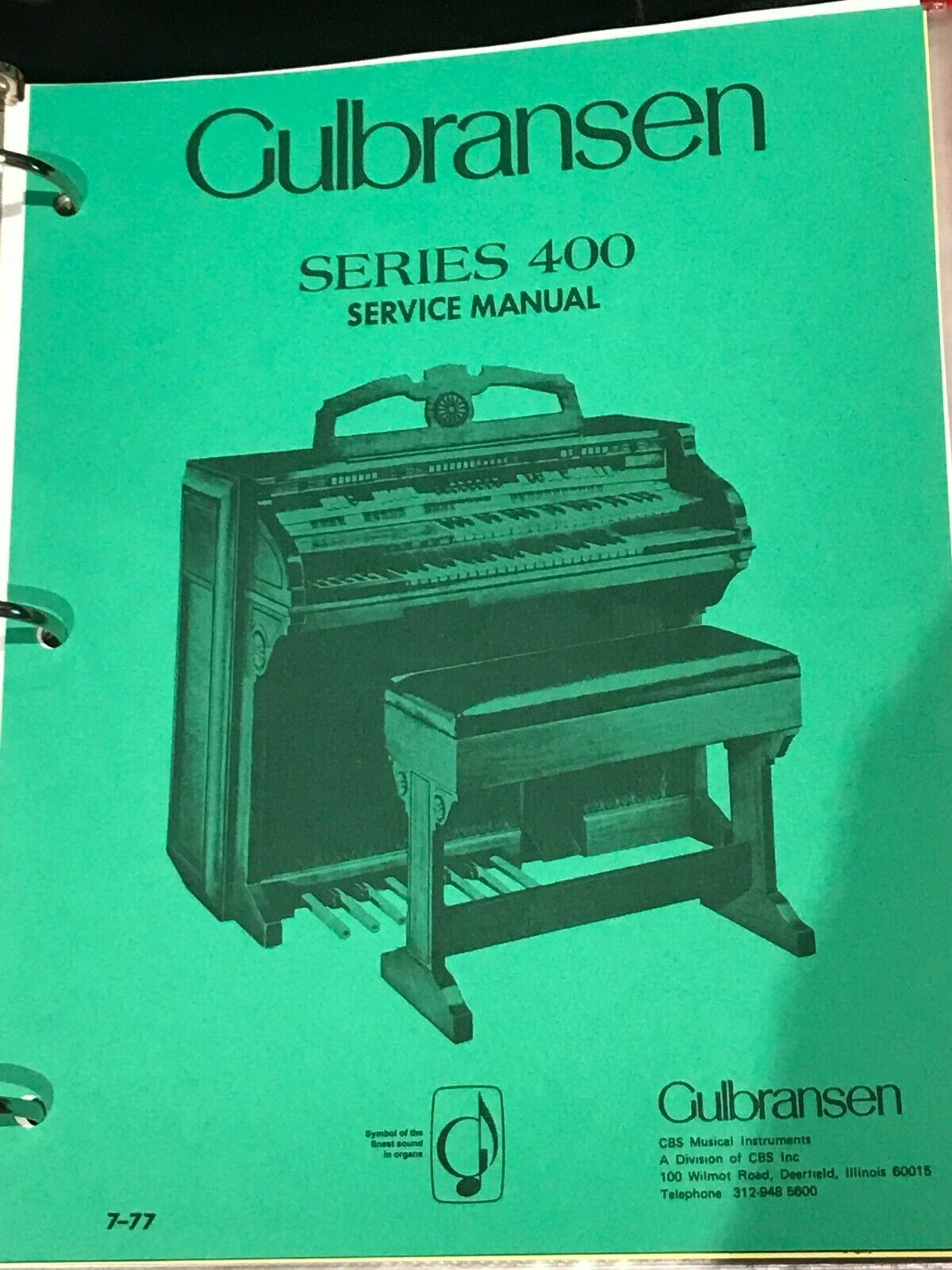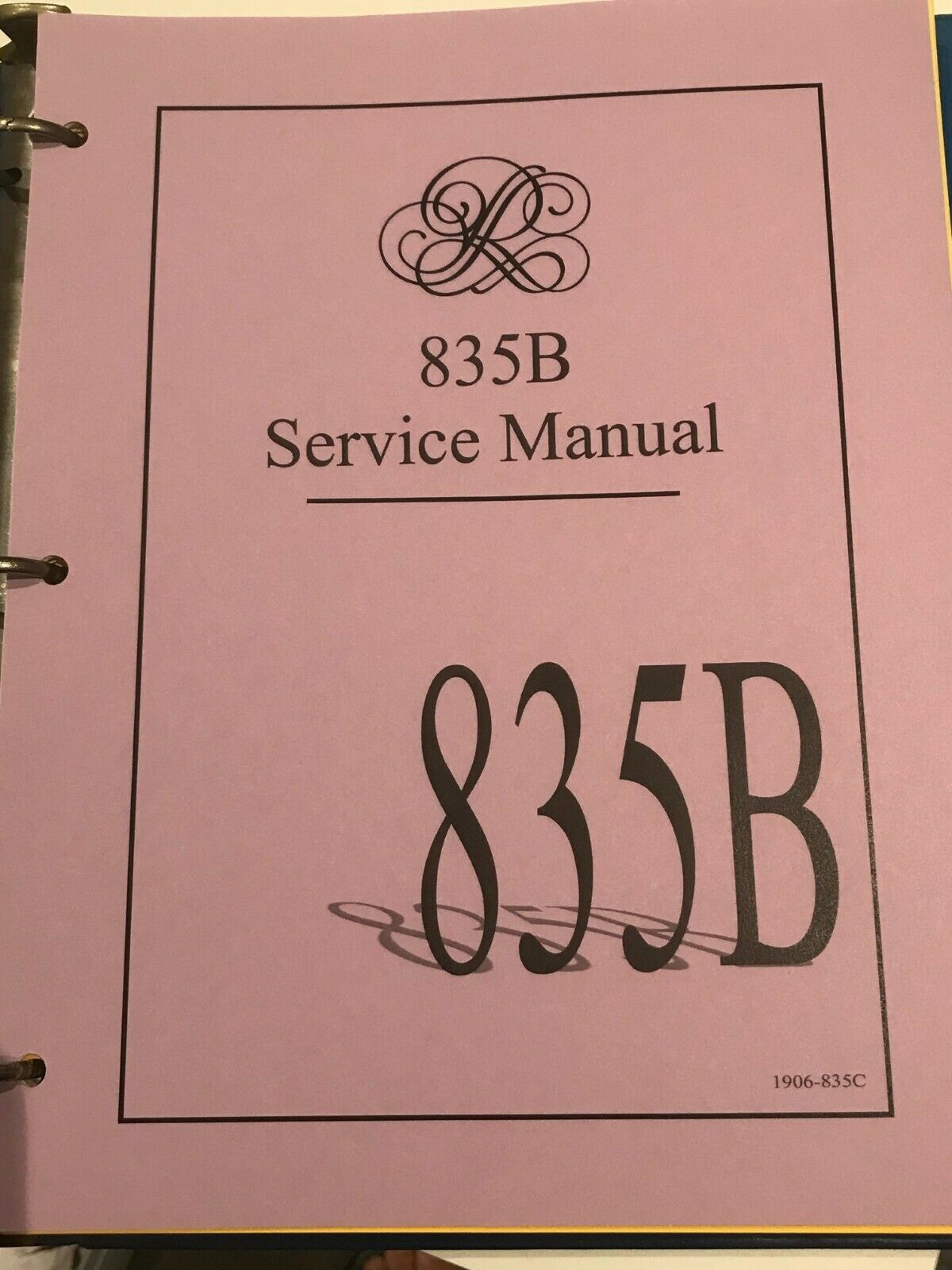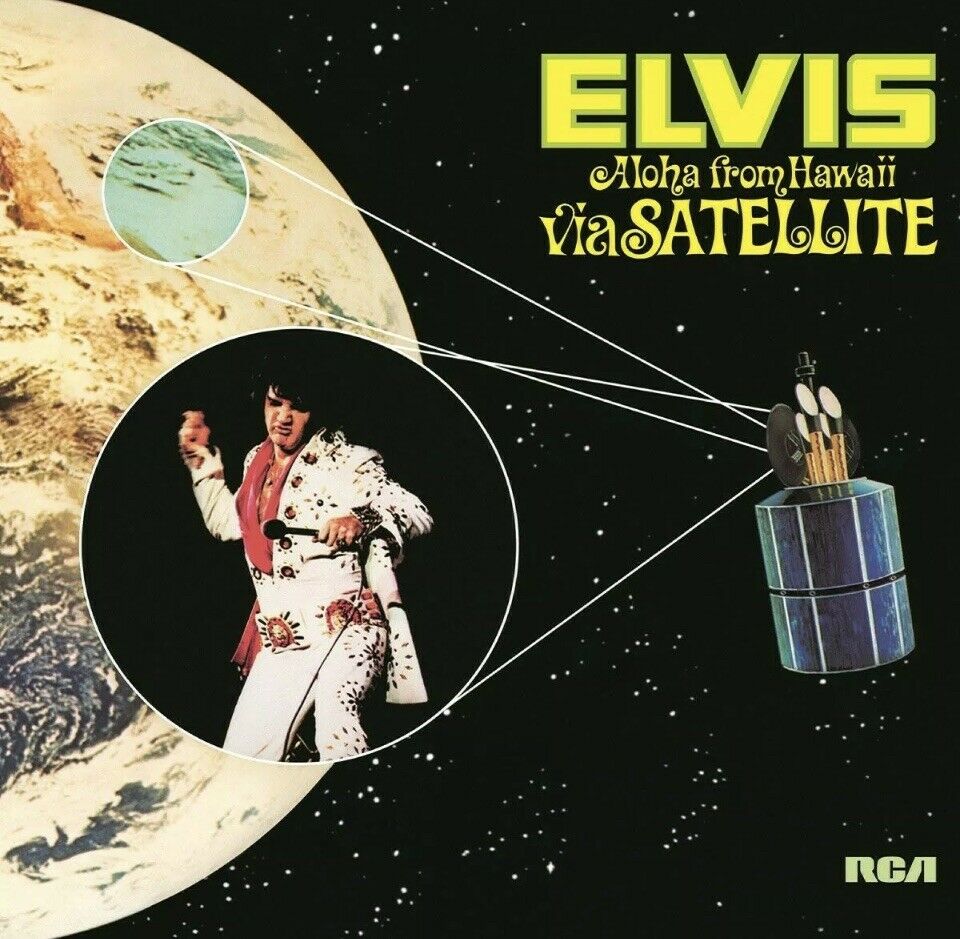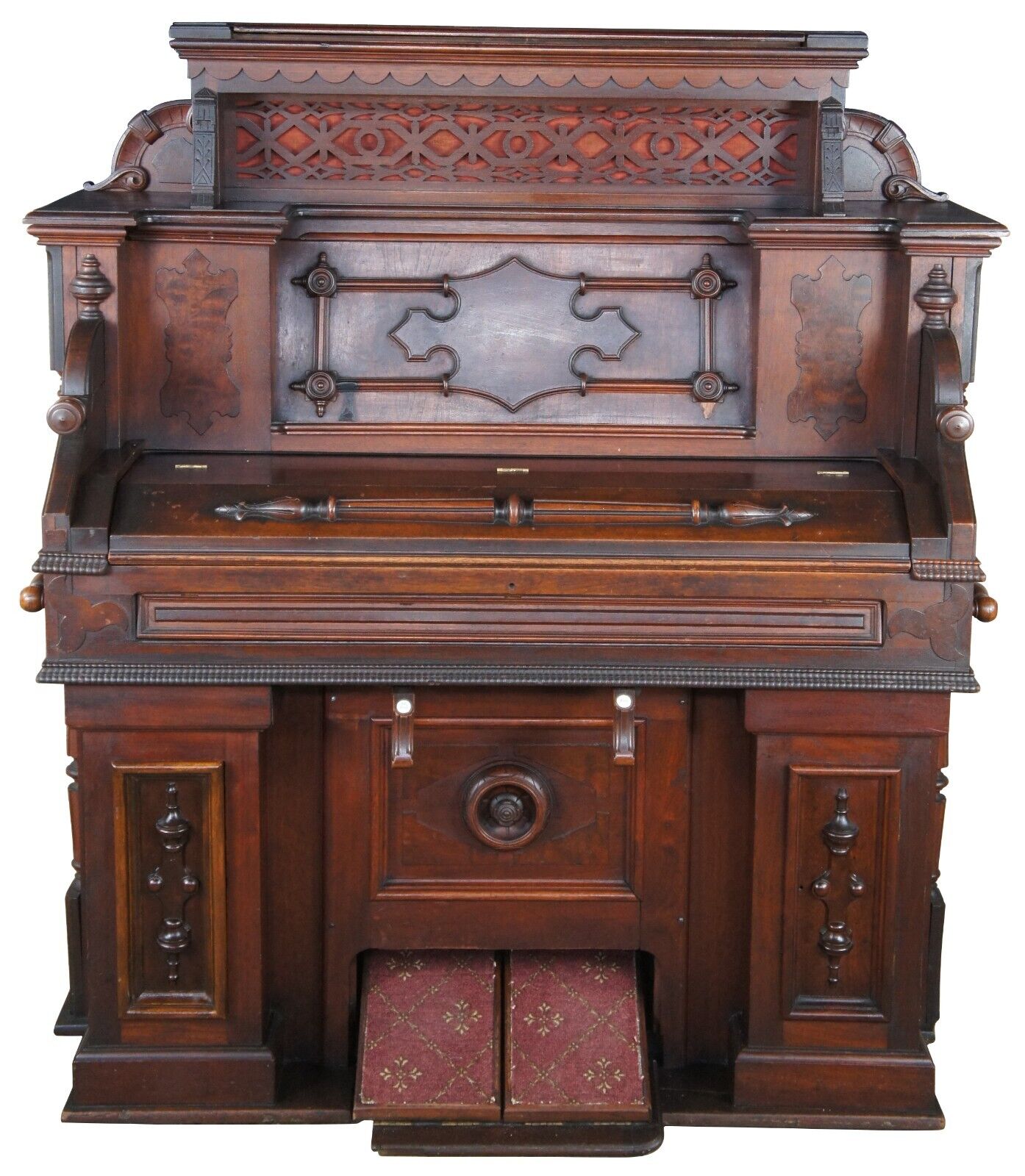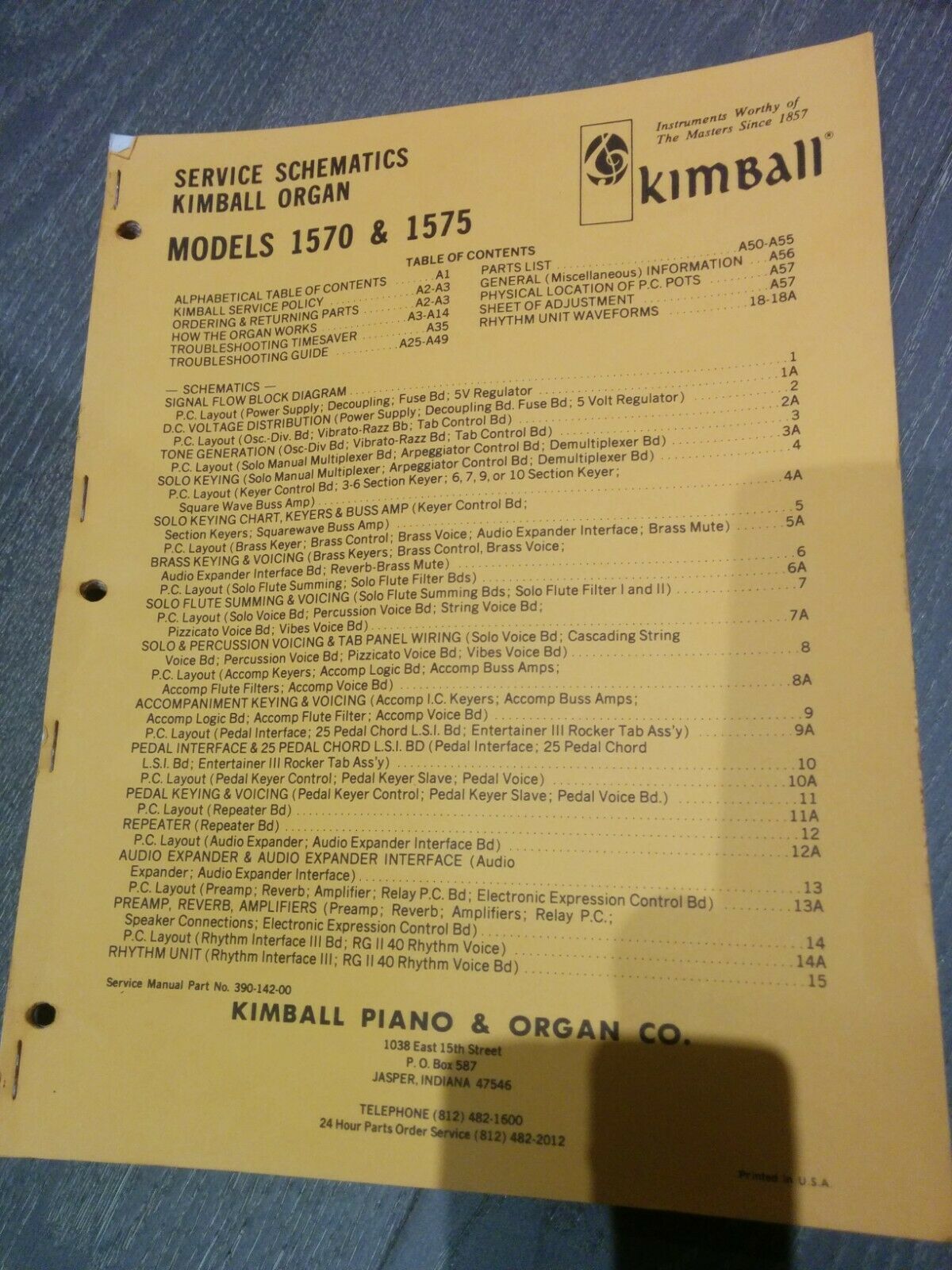-40%
Super Rare! Vintage Sinth Yamaha cs-50
$ 3009.6
- Description
- Size Guide
Description
The CS-50 was released just before its famous older brothers, the CS-60 and CS-80. The CS-50 looks like a smaller version of the monstrous CS-80, and it is! This will benefit those who crave the famous classic Yamaha synth sound without a struggle to carry around a 215-pound CS-80! The CS-50 weighs about 100 pounds. The CS-50 is also just a 4-voice polyphonic keyboard and lacks the CS-80's high-quality weighted 61-note keyboard. The CS-50 has only a standard keyboard of 49 notes. However, it does have pressure sensitivity (aftertouch), capable of plotting a route to multiple destinations.The sound of the CS-50 is undoubtedly related to other classic synthesizers of the CS series. With only four votes with one osc. on the voice and in the absence of warm filters (only at 12 dB / oct), the sound of the CS-50 can be thin. There are 13 preset sounds of various instruments and synthesizers, but unfortunately there is no built-in memory for your edited presets. At its low price, the CS-50 makes a great way to get your hands on these classic sounds without going broke! It's a pity that their tuning is as unstable as other CS series synthesizers. It's housed in a built-in travel case, just like other (large) CS synths. It was used by Vangelis, Men Without Hats and Herbie Hancock.
The Yamaha CS-50 and CS-60 are unique polyphonic synthesizers that put the entire realm of musical expression in your hands. The CS-50 allows you to play 4 notes at a time; the CS-60 allows you to play 8 notes at a time. These synthesizers are real musical instruments, not just "special effects" instruments. Sounds are infinitely variable, and because the keyboard is touch-sensitive, you've increased dynamic control over your music.
The CS-50 and 60 will give you an incredible variety of electronic sounds, but they go even further. Having a CS-50 or a CS-60 is like having a symphony orchestra to choose from. Largely due to the touch sensitivity (keyboard dynamics) Yamaha has overcome a traditional problem for synthesizers, namely the difficulty of creating the sound of an acoustic instrument. For example, if you have ever tried to create a "violin" on the keyboard of most synthesizers, you probably found the result too "electronic"...but what?
Ask the great violinist to play the "G" note 4 times in a row (not on an open string). Ask him to make them exactly the same in pitch, timbre, volume, and all other possible variables. You'll find that it can't do that. ... fortunately. A big part of the charm of a musical performance is that it's not a "perfect textbook," and that's why your well-programmed synthesized violin didn't sound "right"to you. However, your CS-60 (or CS-501)is a different story.
Sensory response is all that matters. You can adjust the "violin" so that pressing the key changes the vibrato, timbre, pitch, volume, brightness ... the whole essence of sound. With such expressive ability, you can't exactly duplicate 8 consecutive notes either. However, the sound you will achieve will be much more realistic and musical than was ever practical with an electronic musical instrument.
The CS-50 and CS-60 are among the first of a whole new generation of performer-oriented electronic musical instruments, including the simultaneous 2-voice / 8-note CS-80.
